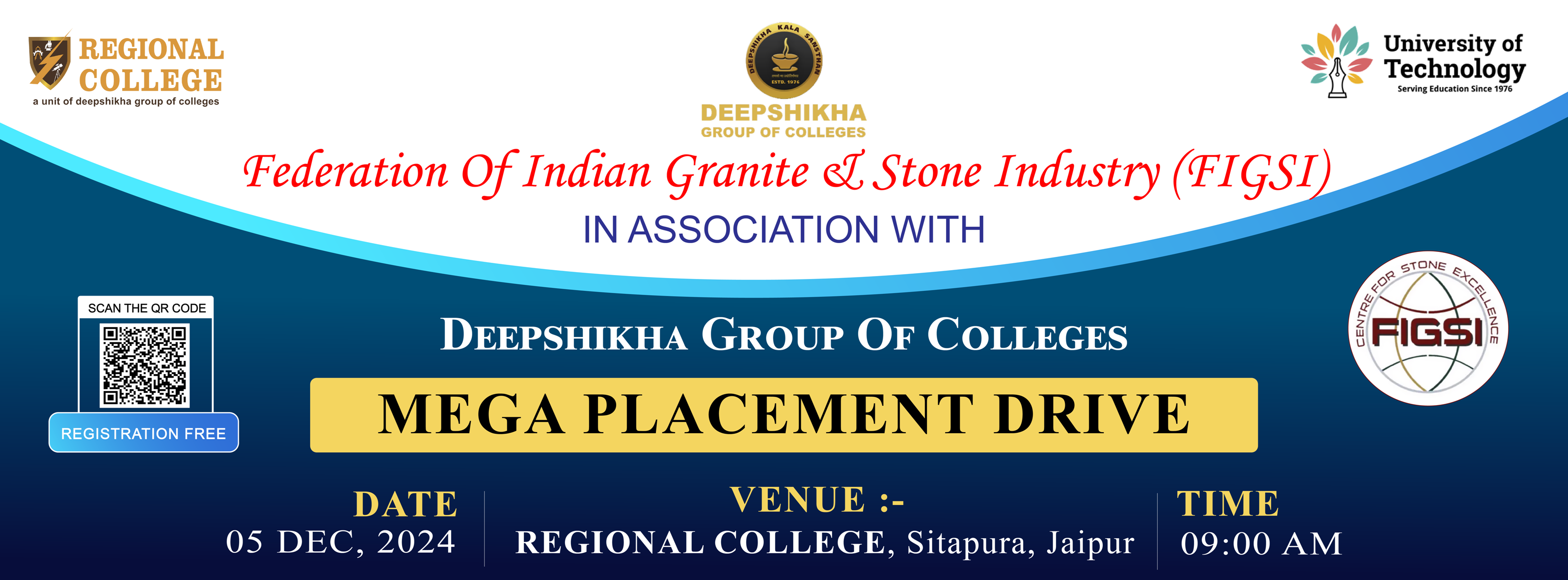The rise of 5G technology is revolutionizing various industries, and engineering is no exception. As one of the most significant technological advancements of our time, 5G promises faster speeds, lower latency, and enhanced connectivity, opening up a world of possibilities for engineers. Students studying at one of the top 10 engineering colleges in Rajasthan need to understand the impact of 5G on engineering solutions and how they can unlock new opportunities for innovation and future career growth.
Faster Connectivity and Real-Time Data Exchange
One of the most transformative aspects of 5G is its lightning-fast speed and the ability to support massive real-time data exchange. In fields like civil, mechanical, and electrical engineering, data is essential for monitoring systems, controlling machinery, and conducting simulations. Engineers are able to retrieve and interpret enormous volumes of data more rapidly and precisely than previously by utilizing 5G.
This is particularly beneficial in complex tasks like remote monitoring of construction sites, analyzing infrastructure conditions, or optimizing factory automation processes. This enhanced connectivity means that the future of engineering will increasingly rely on real-time analysis and quick decision-making, driven by the data provided by 5G networks.
Advancing the Internet of Things (IoT) in Engineering
The potential of 5G to advance the Internet of Things (IoT) is another significant consequence. As more devices become connected through IoT, 5G provides the necessary bandwidth and low-latency capabilities to manage this vast network of interconnected systems. In engineering, IoT plays a key role in everything from smart cities to automated industrial systems. 5G enables more effective communication between IoT devices, enabling more accurate operations and intelligent system reactions.
Students pursuing engineering from top 10 engineering colleges in Rajasthan will have exciting opportunities to work in this emerging field. Mechanical engineers, for example, can utilize 5G-powered IoT to monitor machine health and predict maintenance needs with higher accuracy, preventing costly breakdowns. Civil engineers, on the other hand, can use connected sensors to oversee smart buildings, bridges, and other infrastructure.
Revolutionizing Augmented and Virtual Reality (AR/VR) in Design
5G is also set to revolutionize the use of augmented reality (AR) and virtual reality (VR) in engineering. AR and VR are increasingly used in design processes, simulations, and training environments. However, the effectiveness of these technologies depends on high-speed connectivity and low latency, which is exactly what 5G provides. For instance, engineers can now collaborate on 3D models of buildings or machines in real-time, from different locations, using AR/VR tools.
The advent of 5G technology is reshaping the future of engineering, from enhanced connectivity and real-time data exchange to the rise of IoT, robotics, and AR/VR applications. For students at Regional College, one of the top 10 engineering colleges in Rajasthan, this presents an exciting opportunity to be part of an industry that is rapidly evolving, powered by the capabilities of 5G. The integration of 5G into engineering solutions will continue to open doors for innovation, enabling future engineers to develop smarter, faster, and more efficient systems that tackle the challenges of tomorrow.















